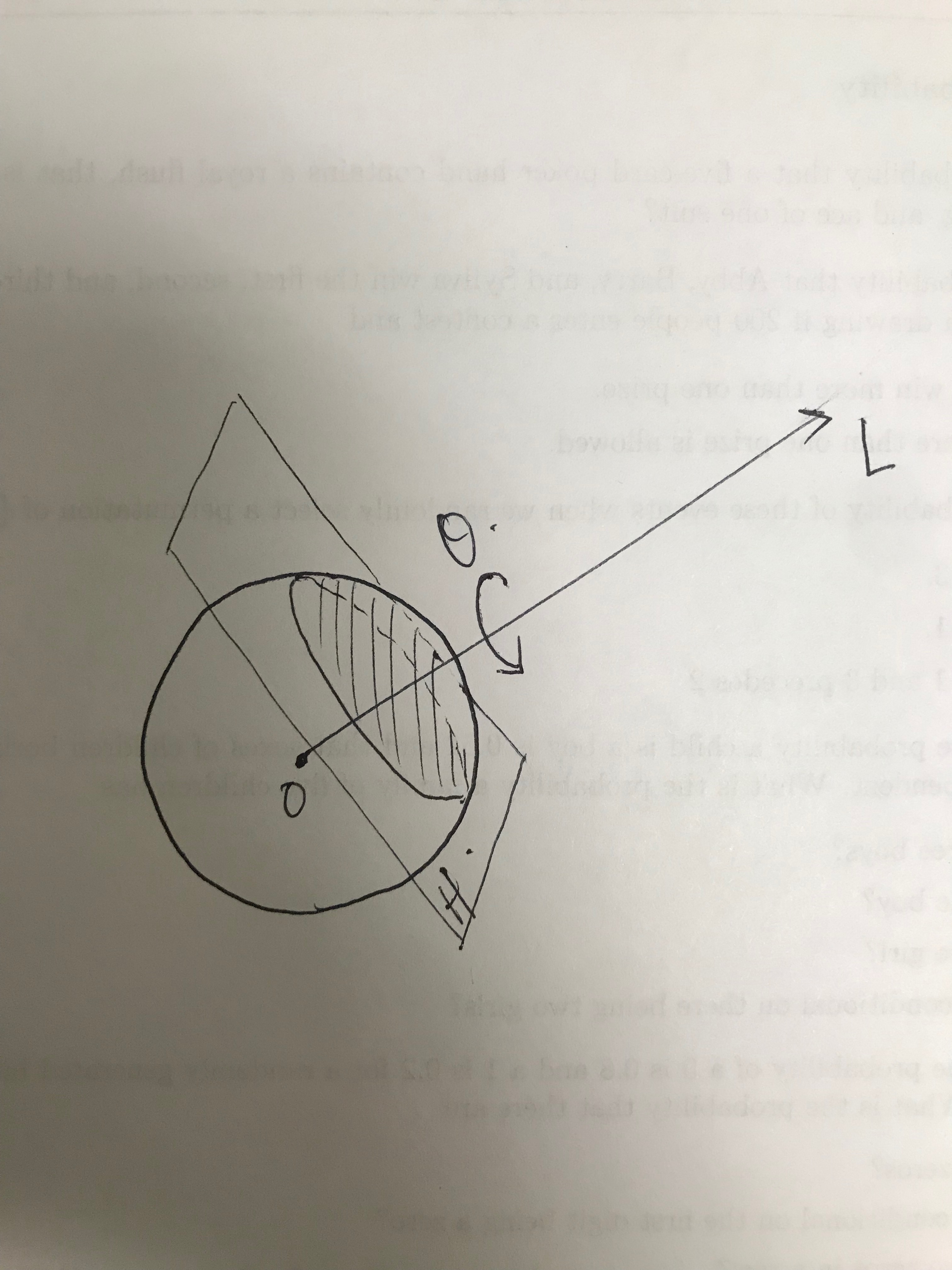I and my friend are thinking about a smooth analog of Rubik's cube. One idea is the following:
Consider the 2-dimensional sphere $S^{2}$. We choose three parameters: $(L, H, \theta)$. Here $L$ is a ray that passes through the origin, $H$ is a plane that intersects with $L$, the sphere, and orthogonal to $L$. $\theta\in [0, 2\pi]$ is an angle that we will rotate the part of the sphere. Here is the picture for the action:
Now I have some question about a group $G$ generated by this action on $S^{2}$.
Is $G$ has finite dimensional Lie group? If it is, what is a dimension of the group?
Is there any interesting and nontrivial relation among elements? For example, in $\mathrm{SO}(3)$, the composition of two rotations is also rotation. But our group clearly doesn't satisfy such things.

